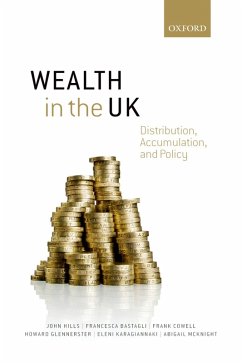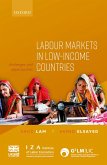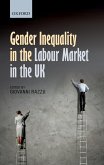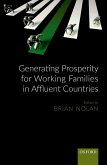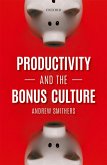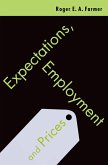This book examines key issues connected with the distribution of personal wealth in the UK. It studies why wealth is now such an important factor in social differences and public policy. It presents the most recent information on current wealth inequalities and a detailed discussion of trends in the distribution of wealth. It uses newly available data to compare wealth inequalities in the UK with the USA, Canada, and Sweden. It uses longitudinal data, which track the same people over time, to examine trajectories in wealth accumulation over the decade to 2005 and inequalities in inheritances over the same period. It looks at how parental wealth levels and people's asset-holdings early in adulthood affect outcomes later in their lives. The final part looks at the way in which policies towards wealth-holding developed historically, and the contradictory ways in which a wide range of public policies relate to people's wealth levels, including through taxation, means-testing, and the encouragement of saving, and discusses what the key issues for policy towards wealth and wealth inequalities now are. Personal wealth in the UK totalled ?5.5 trillion by 2010 (?9-10 trillion if occupational pension rights are included). Inheritance flows are now equivalent to 4 per cent of national income each year. All households in the wealthiest tenth have more than 75 times the wealth of any of those in the bottom tenth. Absolute differences in wealth levels have increased substantially over the last 15 years, so wealth differences represent many more years of income than in the past. This makes them of great importance to life chances. This makes the book highly relevant for public policy, but also for academic and student understanding of a crucial dimension of social difference. As well as bringing together existing information on the area, the book contains considerable new analysis on wealth inequality, inheritance, and their impacts, drawing on work which is at the forefront of recent research.
Dieser Download kann aus rechtlichen Gründen nur mit Rechnungsadresse in A, B, BG, CY, CZ, D, DK, EW, E, FIN, F, GR, HR, H, IRL, I, LT, L, LR, M, NL, PL, P, R, S, SLO, SK ausgeliefert werden.

